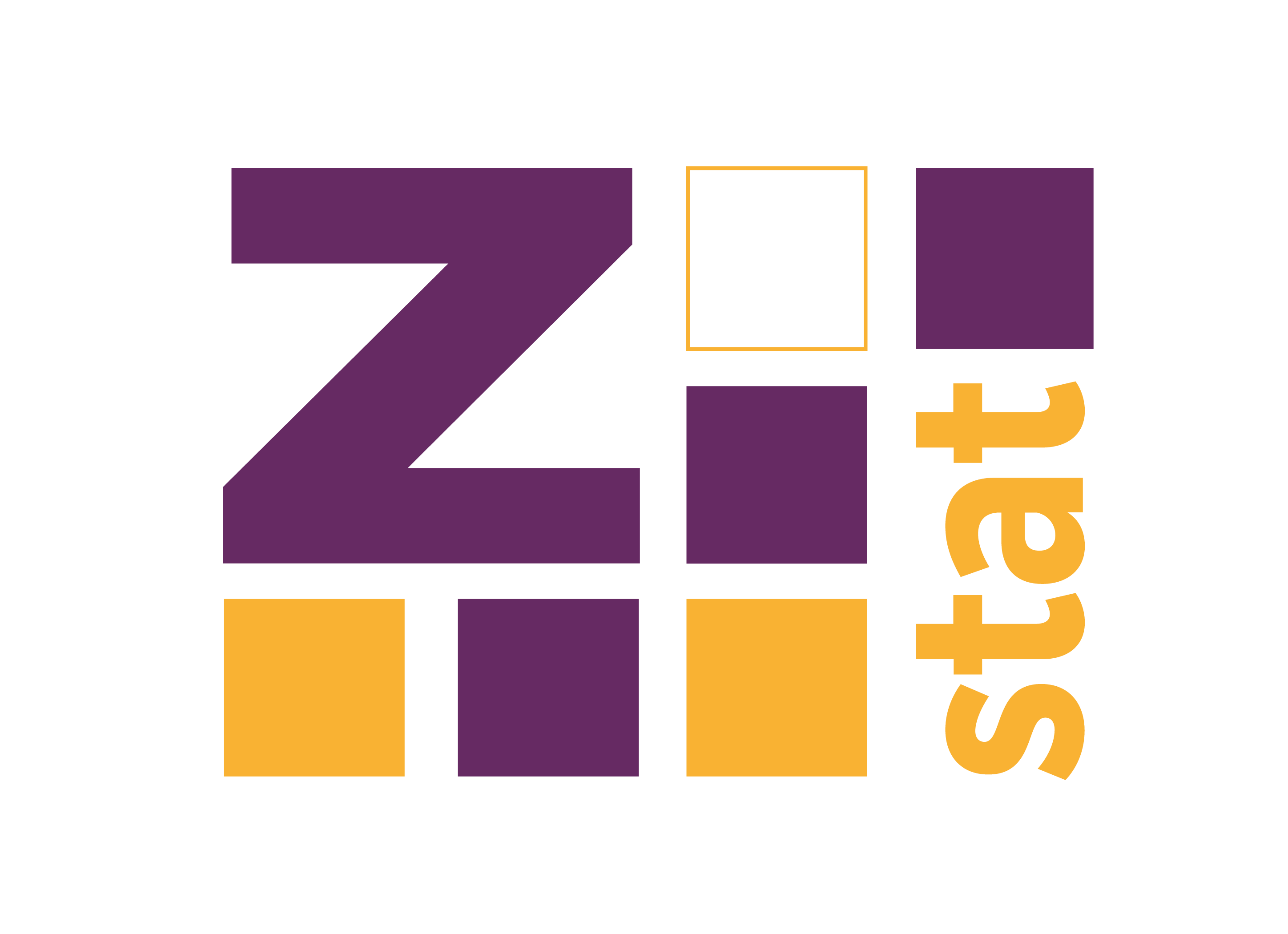In one of my projects, I had to choose which language I would use to write some small module - C, C++ or Lua. I didn’t want to use C, because the module required a lot of string handling. Another option was C++, but some other parts of the system were written in Lua, so I thought it would be much easier to integrate everything without switching languages, and I had heard some good things about Lua, so in the end, I decided to give it a shot.
My primary language for data analysis is still R. However, when it comes to the Big Data I prefer Scala because of it is the central language behind Spark, and gives more freedom than the sparklyr interface (I sometimes use sparklyr, but this is a topic for another post).
When I started my journey with Scala I found, that it is possible to achieve a lot with knowing just the Spark’s API and a bit of SQL.
R has various packages to call other languages, like Rccp, rJava or sparklyr. Those tools significantly expand R’s capabilities, because the user doesn’t need to learn a lot of different stuff. Everything is nicely integrated into R.
However, sometimes the problem is different - there’s an existing system written in some language, and R can be used to expand its possibilities. So in that scenario R must be called.
In that post, I’ll describe how R can be integrated with C# program using Microsoft.
Connecting R with C++ is very easy because near all work needed to glue the code together is done by Rcpp. However, there are some very dangerous traps. C++, when used improperly can mess up a lot of things in the R session. In this post, I want to show you how to write secure C++ code to reduce the chances of breaking anything in R.
References. When working with R, we usually do not care if the object is copied or not.
In the last post, I wrote some notes about code optimization using Rcpp and C++. However, I forgot to add one main thought related to this topic:
“The First Rule of Program Optimization: Don’t do it. The Second Rule of Program Optimization (for experts only!): Don’t do it yet.”
I agree with that statement, and I made this mistake more than dozen times. I spent hours on optimizing the code, trying to get the results faster, and I most cases I succeed.
